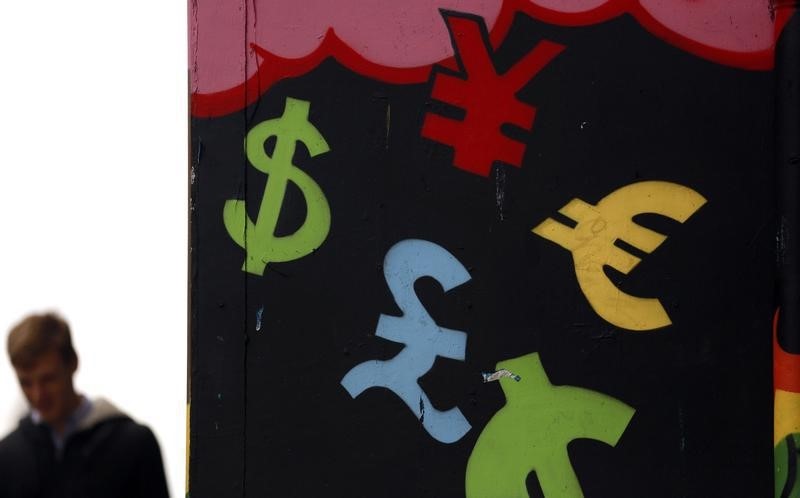 © Reuters.
© Reuters.
The Nigerian Naira has continued to depreciate against major currencies, with the exchange rate for a dollar reaching N950 at the Lagos Parallel Market on Friday, September 15, 2023. The Naira also saw depreciation against the British Pound and the Euro, going from N1190/£1 to N1210/£1 and from N995/€1 to N1020/€1 respectively.
This comes amid a currency crisis that has led many Nigerians to consider adopting the dollar. Despite promises by the Central Bank of Nigeria (CBN) to address the issue, supply constraints have yet to be rectified, and speculators remain unaffected.
On Thursday, September 14, 2023, Vanguard reported that the parallel market exchange rate rose by N23 to N950 per dollar, up from N927 per dollar on Wednesday. This was attributed to an increasing scarcity of the dollar amidst high demand.
In the Investors and Exporters (I&E) window, the naira depreciated to N780 per dollar as the indicative exchange rate for the window rose by N21.88 from N758.12 per dollar on Wednesday. Consequently, the gap between the official and parallel market exchange rates widened to N170 per dollar on Thursday from N168.88 per dollar on Wednesday.
The downward trend in the forex market has been ongoing since the CBN reforms of June 14. These included the elimination of multiple exchange rates in the official market and the introduction of a 'willing buyer willing seller' model for exchange rate determination in the I&E window.
Despite these measures, forex market sources report that they have not yet stimulated enough supply to clear the increasing demand for dollars in the economy. This has resulted in a staggering 20.5% depreciation of the exchange rate since the new system was implemented.
In addition, the country’s external reserves have dwindled, falling from $34.6 billion at the time the managed float system was introduced to $33.2 billion as of September 12, 2023. Despite these challenges, the Tinubu administration defends its policy, asserting that it’s crucial for preserving the country’s foreign reserves and attracting foreign investment.
This article was generated with the support of AI and reviewed by an editor. For more information see our T&C.

